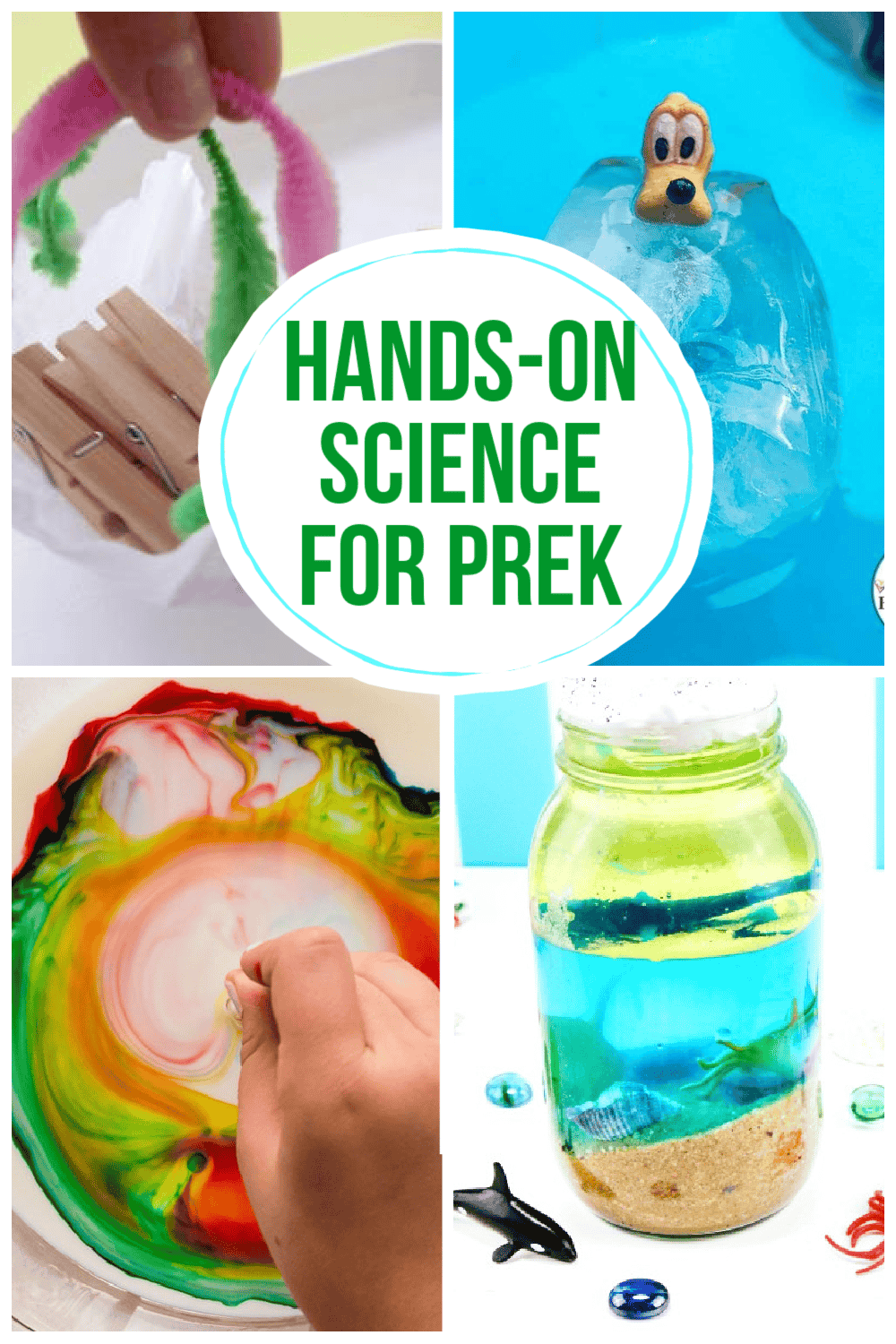When it comes to alternative schooling and education, hands-on science experiments play a crucial role in engaging students and fostering a deeper understanding of scientific concepts. These practical activities not only make learning fun but also help students develop critical thinking skills, problem-solving abilities, and a passion for exploring the world around them.
One popular science experiment that is often featured in alternative education settings is the classic baking soda and vinegar volcano. This experiment demonstrates chemical reactions in a visually exciting way that captivates young learners. By mixing baking soda with vinegar, students can observe the formation of carbon dioxide gas bubbles, leading to an eruption that mimics a volcanic explosion. This hands-on activity allows students to witness cause-and-effect relationships firsthand and understand how different substances interact with each other.
Another intriguing science experiment that sparks curiosity among students is creating homemade slime. By mixing simple ingredients such as glue, borax, and water, students can explore concepts related to polymer chemistry and non-Newtonian fluids. As they manipulate the slime’s texture and consistency, they gain insight into the properties of materials and how they can change under various conditions. This experiment encourages creativity and experimentation while teaching scientific principles in a playful manner.
In addition to these popular experiments, alternative schooling environments often incorporate more advanced projects to challenge older students and expand their knowledge base. One such experiment involves building simple electrical circuits using batteries, wires, bulbs, and switches. By constructing circuits themselves, students learn about electricity flow, conductors vs insulators, series vs parallel connections, and circuit troubleshooting techniques. This project not only enhances their understanding of physics concepts but also develops their problem-solving skills as they work through circuit design challenges.
Furthermore, alternative education programs may offer opportunities for outdoor exploration through environmental science experiments. For instance, conducting water quality tests in nearby streams or ponds can provide valuable insights into ecosystems’ health indicators like pH levels or dissolved oxygen concentrations. Students can analyze data collected during fieldwork activities to draw conclusions about environmental impacts on aquatic habitats and propose solutions for conservation efforts.
Beyond traditional laboratory experiments, alternative education settings often embrace unconventional approaches to teaching science concepts creatively. For example, incorporating art into STEM (science, technology,
engineering
and mathematics) lessons through activities like creating nature-inspired mandalas or designing geometric sculptures from recycled materials fosters interdisciplinary connections between different subject areas while nurturing artistic expression alongside scientific inquiry.
Moreover,
collaborative projects such as building Rube Goldberg machines or participating in team-based engineering challenges encourage teamwork
problem-solving
skills among students while reinforcing principles of physics
mechanical engineering
and innovation.
By integrating diverse hands-on science experiments into their curriculum,
alternative schools empower students
to become active participants
in their learning journey
and instill lifelong curiosity
about the natural world.
This approach not only cultivates
a deep appreciation for STEM subjects
but also equips individuals with essential skills needed for success
in an ever-evolving global society.
In conclusion,
Science experiments are integral components of alternative schooling
and educational programs,
offering unique opportunities for experiential learning,
critical thinking development,
and creative expression.
By embracing innovative approaches to teaching science,
educators can inspire curiosity,
ignite passion for discovery,
and cultivate future generations of scientists,
innovators,
and problem solvers.
Through hands-on experimentation,
students engage with complex scientific concepts in tangible ways,
building foundational knowledge
and skills that will serve them well throughout their academic journeys
and beyond.
Recommended Products
As an Amazon Associate, we earn from qualifying purchases.

Leave a comment